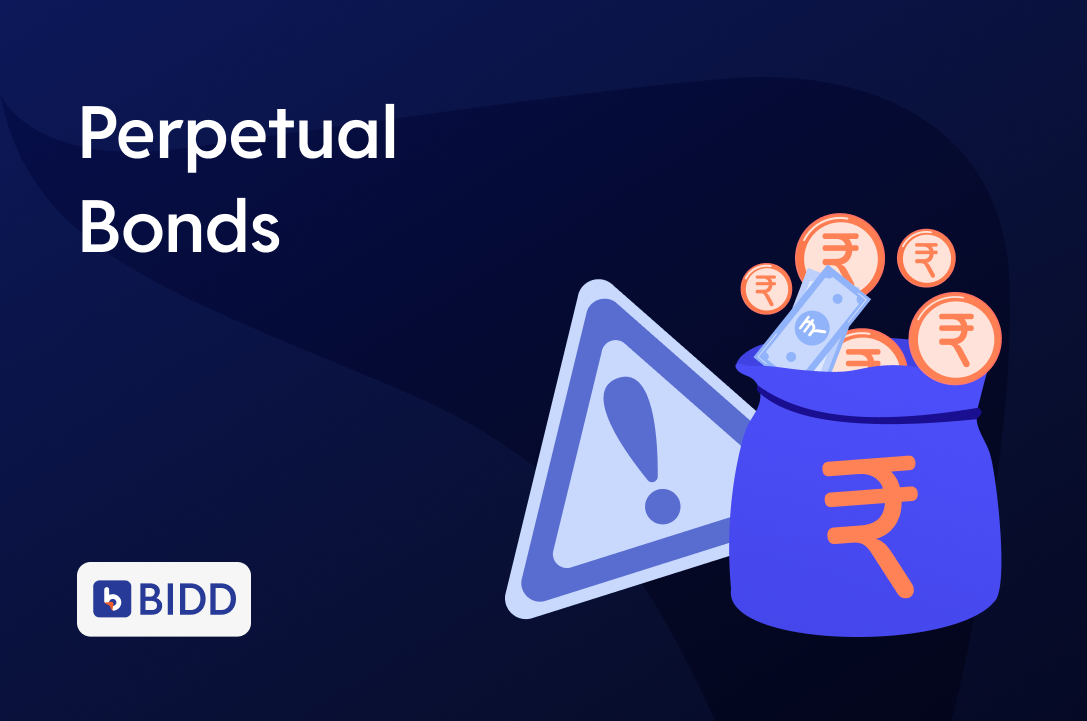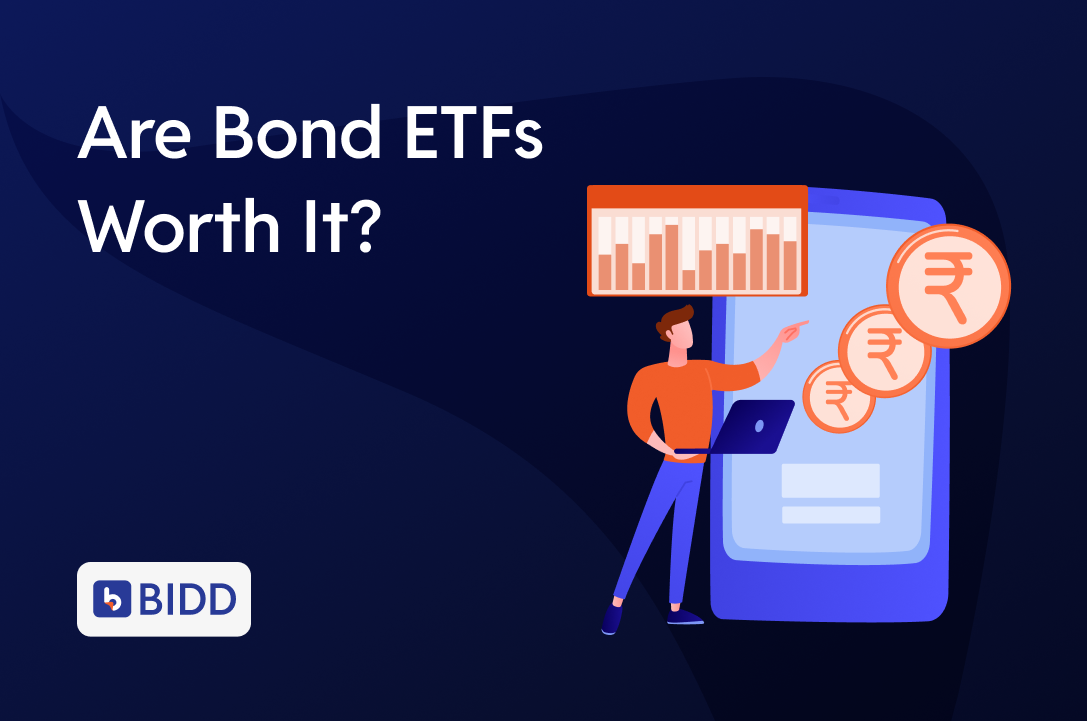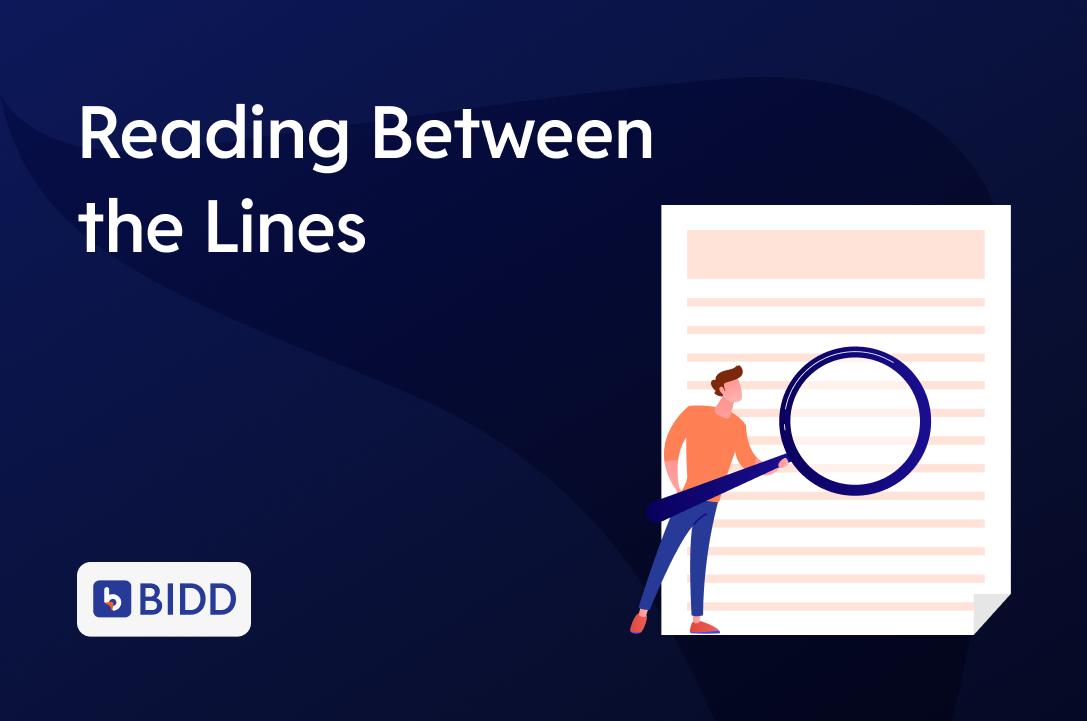Understanding the Bond That Never Matures
Quick Question to Begin:
What if you bought a bond…
That never matures?
No end date. No fixed repayment. Just ongoing interest payments.
Sounds like passive income forever — but what if the issuer stops paying interest?
Or decides to call it early?
Or worse — chooses never to call it at all?
Welcome to the world of Perpetual Bonds — also known as “Perps.”
Because they can go on perpetually.
What Is a Perpetual Bond?
Most bonds come with a maturity date — say 1, 3, or 10 years.
You invest, wait, and eventually get your capital back.
Perpetual bonds don’t come with that finish line.
You receive periodic interest (called coupons), but there is no defined date when your principal is returned.
Think of it this way:
- Regular bond: Renting a car for a specific term
- Perpetual bond: Leasing indefinitely — with no end date
Why Would Anyone Buy a Perpetual Bond?
The answer lies in higher returns.
- While typical fixed deposits or shorter-term bonds might offer 6–7%, perpetual bonds may offer 8.5%–10% or more.
- Some are issued by well-established entities like large banks or public-sector undertakings (PSUs).
Potential Benefits:
- Regular coupon income (as long as the issuer continues payments)
- Backing of reputed institutions in some cases
What’s the Risk?
Despite the appeal, perpetual bonds carry notable complexities:
1. No Maturity = No Guaranteed Exit
There is no assurance of getting your capital back at a specific point.
Issuers may include a call option (right to repurchase the bond) after a few years — but they’re not obligated to use it.
2. Interest Payments Are Not Guaranteed
In many cases — especially with bank-issued perps — coupon payments may be discretionary.
If the issuer faces financial stress, they may defer or skip interest payments.
In such cases, investors typically cannot take legal action to enforce payment.
3. Subordination Risk
Perpetual bonds are often subordinated, meaning they rank below other debt in repayment order during liquidation.
In case of bankruptcy:
- Equity holders may lose value
- But perpetual bond holders are also exposed to potential full or partial loss
Real-Life Example
Perpetual Bond A
- Coupon: 9%
- Issuer: Leading private bank
- Callable: After 5 years
Status: Stable interest history; likely to be called — lower risk
Perpetual Bond B
- Coupon: 10.5%
- Issuer: Small NBFC
- Callable: Unclear
Status: Coupon missed last year, limited secondary market activity — significantly higher risk
Why Do Issuers Love Perpetual Bonds?
- They are flexible forms of capital
- There is no mandatory repayment timeline
- Issuers can defer interest without breaching terms
- For banks, perps count as Tier 1 capital — helping them meet regulatory requirements
In short: a win for issuers — but a complex instrument for investors.
How to Evaluate a Perpetual Bond?
Ask yourself:
- Who is the issuer? Reputed bank or lesser-known NBFC?
- When is the call date? Is there historical precedent for the issuer calling previous perps?
- Is the coupon fixed or variable?
- Has the issuer ever deferred interest?
- What’s the credit rating?
- Is it listed and traded regularly? Liquidity can be critical if you need to exit.
Why It Matters
On the surface, perpetual bonds may appear to offer:
- High, ongoing income
- Long-term yield certainty
But in practice:
- Exit options may be limited
- Income may not be reliable
- Your capital may be locked indefinitely
- You may be exposed to issuer-specific stress
Quick Recap: Should You Go Perpetual?
| Factor | Details |
| Maturity | None — indefinite holding |
| Interest (Coupon) | Attractive, but may be deferred or missed |
| Liquidity | Can be low, especially for unlisted perps |
| Call Option | Issuer may call, but is under no obligation |
| Risk | Elevated — especially in weaker market cycles |
Final Thoughts
Perpetual bonds are not inherently “bad” — but they require caution, understanding, and a strong risk appetite.
Before you invest, ask:
- Is the issuer credible and financially sound?
- Can I tolerate not getting my capital back in the foreseeable future?
- Am I prepared for coupon uncertainty?
Because in bond investing, return is only one side of the story.
Control, flexibility, and transparency matter just as much.
Forever is a long time. Choose wisely.
Disclaimer: This blog is intended solely for educational and informational purposes. It should not be construed as investment advice, a recommendation, or an offer to buy or sell any financial products. Please consult a registered financial advisor before making any investment decisions.




